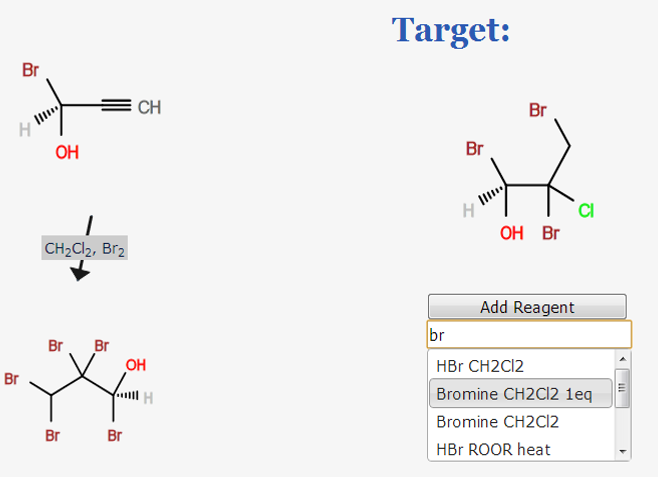Smaller Projects
These are some smaller projects I worked on at MIT for classes and fun.
6.852 (distributed algorithms) final project - bitcoin and Byzantine fault-tolerance
We put the bitcoin currency in the framework of Byzantine fault-tolerance, one of the most fundamental problems in distributed algorithms. Byzantine fault-tolerance refers to correct behavior when some processes in the network are controlled by a malicious adversary. We present a formalized version of the bitcoin algorithm, and prove that it maintains correctness in the face of Byzantine failures. In fact, bitcoin can be used to implement a Byzantine consensus algorithm that has high probability of correctness as long as less than half of the processes are malicious. All previous Byzantine consensus algorithms could tolerate less than one-third failures.
6.867 (machine learning) final project - probabilistic programming
I worked on making inference on probabilistic programs faster. Probabilistic programming is a way to specify probability models using the syntax of a programming language (as opposed to a graphical model, or an equation). If you want to play with probabilistic programming, check out Church, a simple probabilistic programming language built on top of Lisp.
I specifically tried to determine when the inference algorithm for Venture, a more sophisticated probabilistic programming language, was stuck in a local maximum. To do this, I modeled the log score of the Venture inference algorithm as a hidden Markov model, and wrote code to determine the average "jumping time" of the log score. Report here.
9.77 (computer/human vision) final project - jigsaw puzzles
I wrote a program that solves jigsaw puzzles using computer vision techniques. It's not perfect (especially when compared to human performance), but it approaches state-of-the-art accuracy. What's more, I use a purely greedy approximation, resulting in substantially faster runtime. This is significant because jigsaw puzzle solving is an NP-complete problem, and has been traditionally tackled with global relaxation techniques. A good greedy solution at the local level makes relaxation at the global level easier.
Watch it in action here:
Write-up .
Carbonate (6.470 project)

A website that generates organic chemistry problems, based on a machine understanding of the laws of chemistry. Try to synthesize molecules using a drag-and-drop interface. Because problems are generated on the spot, you will never run out of practice material. Hosted at orgo.mit.edu .